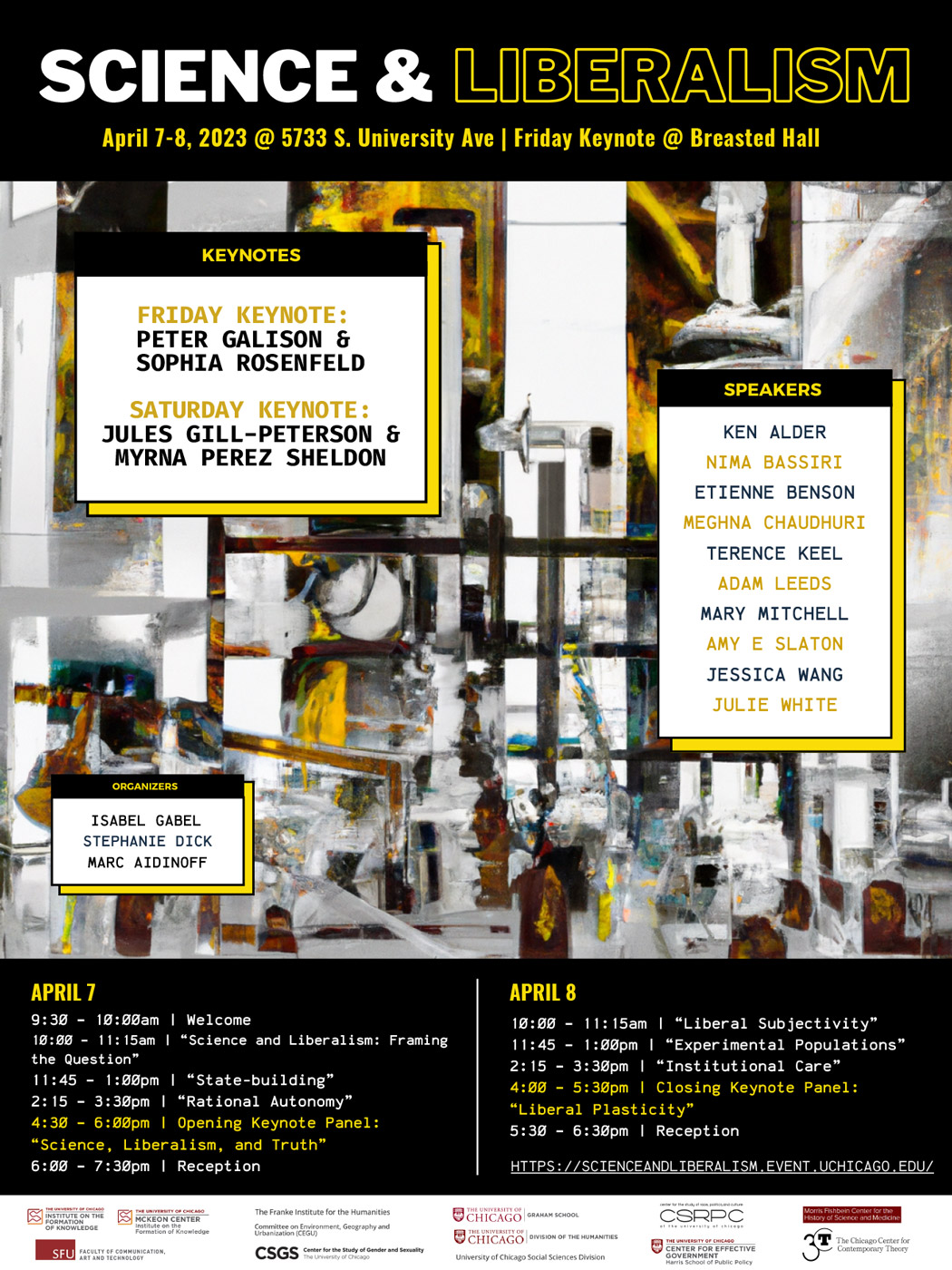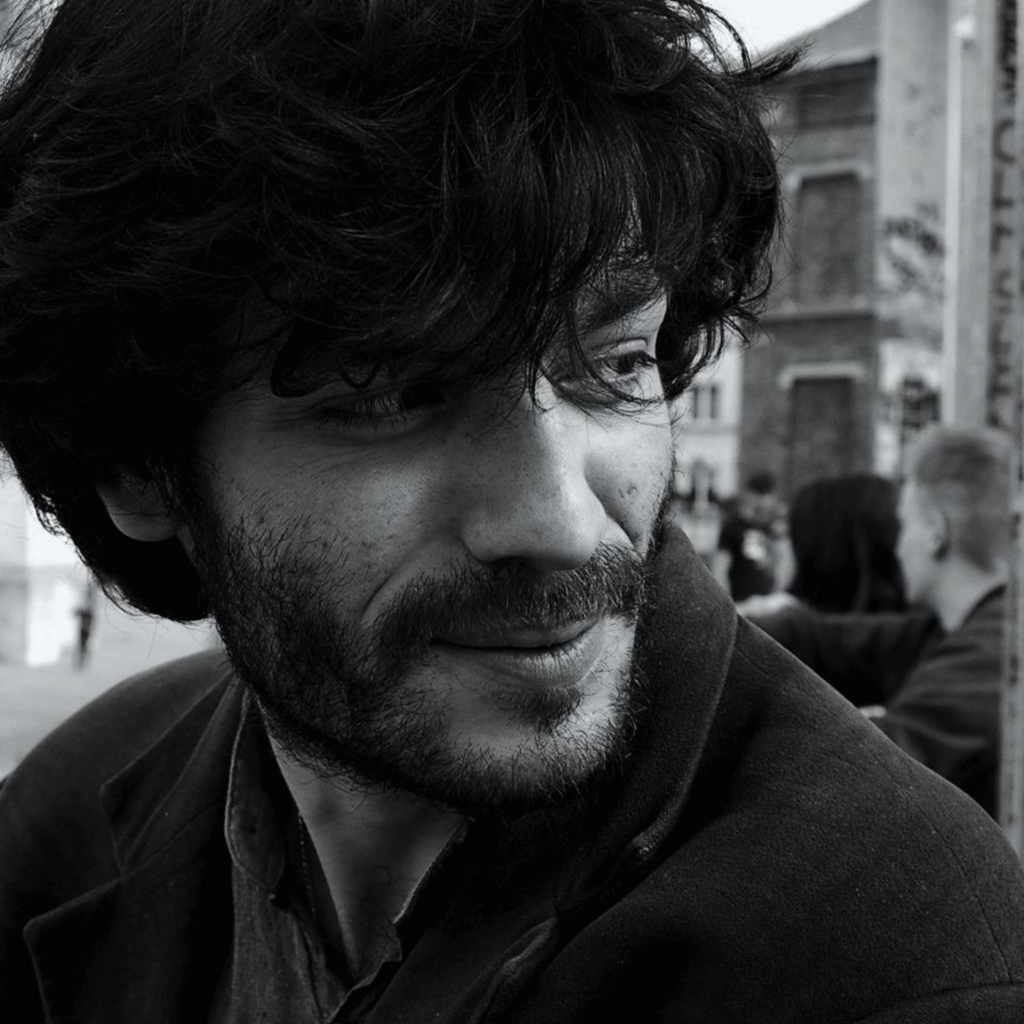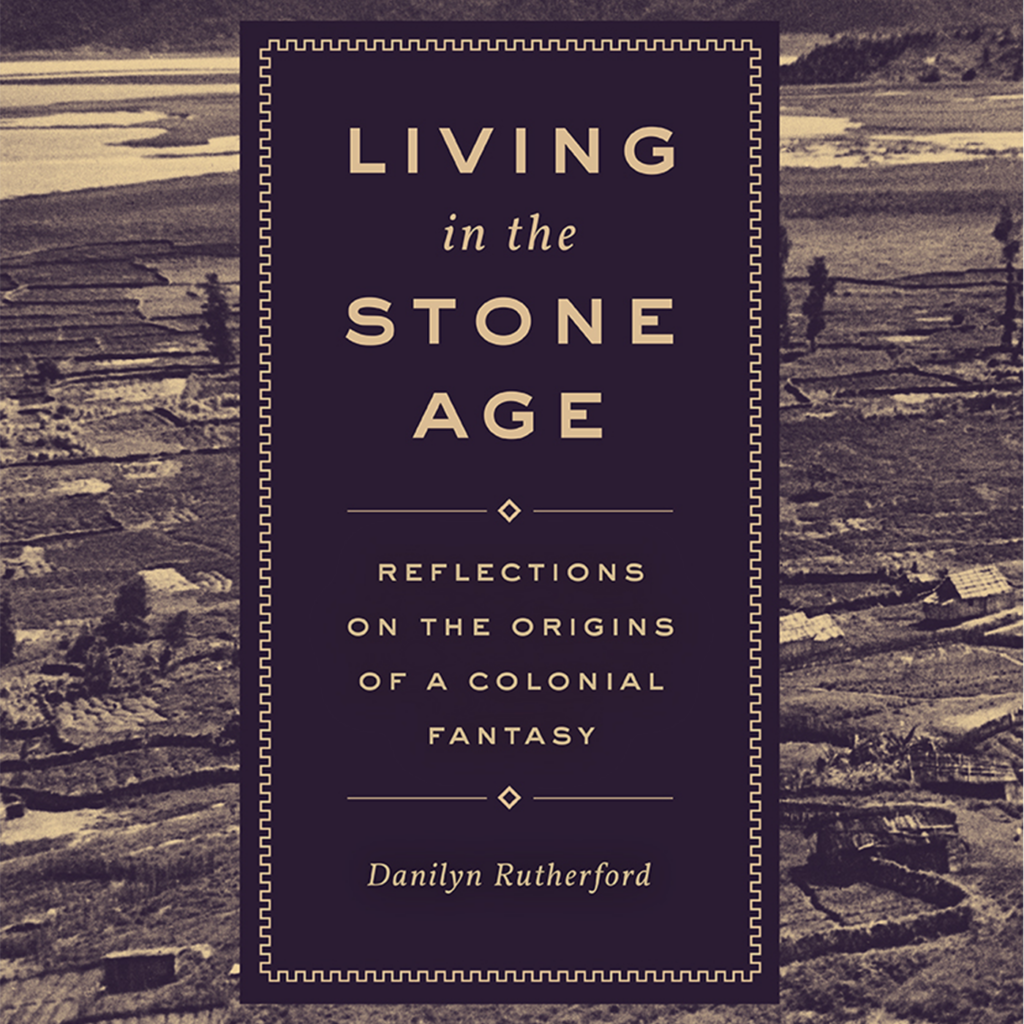Categories
Science & Liberalism
Friday, April 7, 2023, 9:30am–7:30pmSaturday, April 8, 2023, 10:00am–6:30pm
Science and liberalism appear to be bound more and more tightly as the crises of the present moment, from the pandemic to severe weather events, make painfully clear. This conference begins from the observation that liberalism and science have always been linked in ways that are both explicit and unspoken. At the same time that historical scholarship has laid bare the genealogies of liberalism in relation to colonialism, racism, and capitalism, science studies scholars and historians of science have revealed the many ways that science is produced and bounded by the social worlds it inhabits. In light of these critical traditions, we will bring together a diverse group of scholars to explore two related themes.
First, we will interrogate the ways “science” furnishes the liberal world with many of its key features, including for example individuality, diversity, autonomy/choice, and security. In other words, taking seriously the critical genealogies of liberalism that have emerged in recent years, we will examine the role of the sciences in that history of liberalism.
Second, we will attempt to make explicit the decidedly liberal contexts in which our fields have taken shape, with the aim of understanding how this context may have limited our collective understanding of the histories of science, technology and medicine. Our goal is to move past the idea that there is a single choice – either critique science rigorously but risk giving ammunition to illiberal forces or defend science as a part of liberal technocracy’s last gasping breaths. Both options serve liberalism. Maybe there are new ways to do critical scholarship on science.
Further information, including schedule and speaker bios, can be found at the conference website.
This conference is hosted by the Institute on the Formation of Knowledge and the McKeon Center with support from the Morris Fishbein Center for the History of Science and Medicine; the Franke Institute for the Humanities; the Chicago Center for Contemporary Theory (3CT); the Committee on Environment, Geography and Urbanization (CEGU); the Center for Effective Government; the Center for the Study of Race, Politics, and Culture; the Center for the Study of Gender and Sexuality; the Division of the Humanities; the Division of Social Sciences; the Graham School; and SFU Faculty of Communication, Art and Technology.


